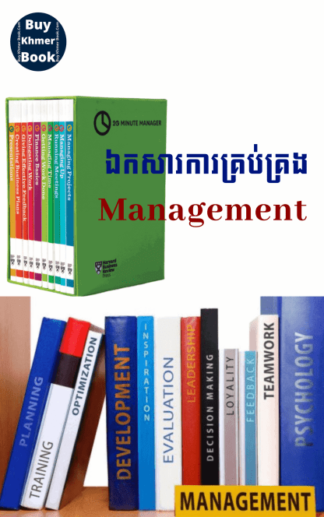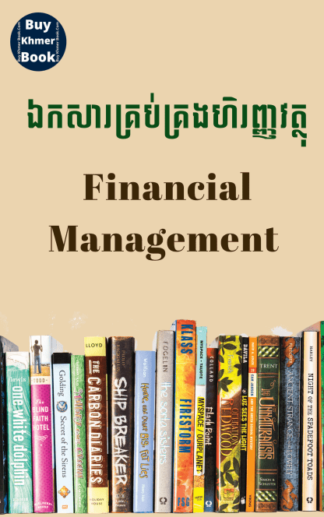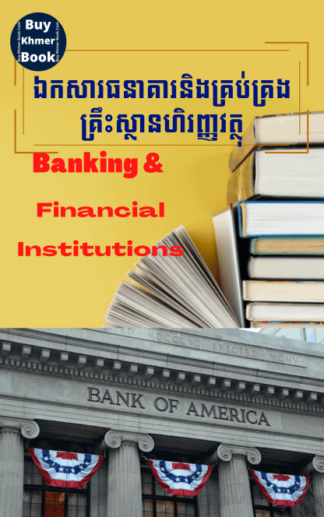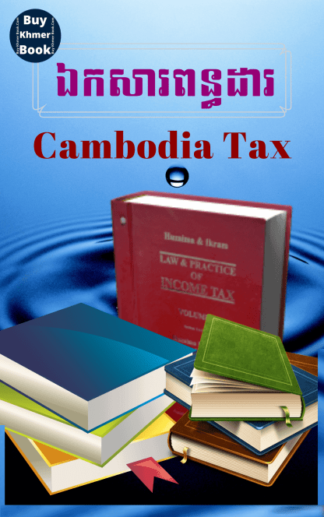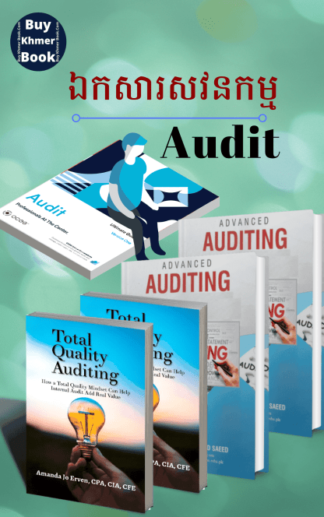Cycling is a popular and environmentally friendly mode of transportation that promotes fitness and well-being. However, it also poses certain risks, particularly when sharing the road with motor vehicles. To enhance road awareness and ensure a safer experience, cyclists must adopt proactive strategies.
Understanding and adhering to traffic rules is fundamental for cyclists. By following regulations designed for both cyclists and drivers, individuals can significantly reduce the likelihood of incidents. Knowledge of these rules empowers cyclists to make informed decisions while riding, contributing to safer road conditions for everyone.
Effective accident prevention requires a combination of proper gear, vigilant observation, and strategic planning. Wearing appropriate safety equipment, such as helmets and reflective clothing, plays a crucial role. Furthermore, being attentive to the environment allows cyclists to anticipate potential hazards, reinforcing a culture of safety on the roads.
Understanding Road Rules and Regulations for Cyclists
Knowledge of road rules and regulations is fundamental for ensuring the safety of cyclists. Being aware of local laws governing cycling helps create safer environments for everyone on the road.
Here are key points to consider regarding road rules:
- Traffic Signals: Always obey traffic signals and signage. Stop at red lights and yield to pedestrians at crosswalks.
- Lane Positioning: Ride in designated bike lanes when available. If not, maintain a safe distance from vehicles and stay as far to the right as practical.
- Use of Headlights: Equip your bicycle with front and rear lights, especially in low visibility conditions. Some regions require lights at night.
- Helmet Law: Familiarize yourself with helmet regulations specific to your area. Wearing a helmet greatly reduces the risk of head injuries.
- Hand Signals: Use clear hand signals for turning or stopping. This communication with motorists enhances road awareness.
Understanding these regulations is critical, as they not only promote individual safety but also contribute to the overall harmony between cyclists and motorists. Staying informed helps prevent accidents and enables cyclists to advocate for their rights on the road.
- Registration and Licensing: Some regions may require cyclists to register their bikes or possess a license. Check local regulations to ensure compliance.
- Insurance: While not always mandatory, having insurance can provide protection in case of an accident.
- Awareness of Local Laws: Laws vary by region. Stay updated on any changes in cycling laws and regulations.
By adhering to these road rules and enhancing road awareness, cyclists play an active role in maintaining safety both for themselves and for others. Knowledge empowers all road users to co-exist respectfully and responsibly.
Utilizing Proper Gear and Equipment for Maximum Safety
Choosing the right gear is a fundamental aspect of cycling safety. High-visibility clothing is an effective way to increase road awareness among both cyclists and motorists. Bright colors and reflective materials ensure that cyclists are seen, especially in low-light conditions.
Helmets are non-negotiable. A well-fitted helmet significantly reduces the risk of head injuries during an accident. It’s important to choose a helmet that meets safety standards and is appropriate for your type of cycling.
In addition to helmets, using proper lighting equipment is key during nighttime rides. Front and rear lights not only make cyclists visible but also indicate their presence and intention to other road users. Consider using additional reflective accessories, such as safety vests and ankle bands, for enhanced visibility.
Regular maintenance of your bike is another component of accident prevention. Ensuring that brakes function correctly and tires are properly inflated can prevent mechanical failures that may lead to crashes. Carrying essential tools and a puncture repair kit can help cyclists deal with unexpected situations on the road.
Investing in protective padding, such as gloves and knee or elbow guards, adds another layer of safety. These items offer comfort and support, reducing the chance of injury from falls.
Ultimately, being equipped with the right safety gear not only protects cyclists but also fosters a sense of responsibility and awareness on the roads. Emphasizing the importance of gear can significantly contribute to safer cycling experiences.
Implementing Effective Visibility Techniques While Riding
Being seen on the road is a fundamental aspect of cycling safety. To enhance visibility, cyclists should utilize bright colors and reflective materials in their clothing. Wearing neon or fluorescent gear during daylight hours can significantly increase a cyclist’s presence to drivers.
Alongside clothing, using lights is vital when cycling, especially at dusk or in low-light conditions. Front white lights and rear red lights not only illuminate the path but also signal the rider’s presence to motorists. Flashing lights may attract more attention, helping to reduce the risk of accidents.
Road awareness plays a key role in maintaining visibility. Cyclists should position themselves in the lane where they are most visible to drivers and avoid riding in blind spots. Maintaining a steady line and signaling clearly can further enhance communication with other road users.
In addition, the use of safety equipment like helmets with reflective strips or built-in lights contributes to overall visibility. Accessories such as backpacks or bags with reflective patches also serve to alert drivers, particularly in poor visibility conditions.
Consistent application of these visibility techniques contributes significantly to accident prevention. Cyclists can take simple steps to ensure they are seen, ultimately leading to safer rides. For more insights on cycling safety, check out https://bgradecyclist.com/.
Adopting Defensive Riding Strategies to Avoid Accidents
Being proactive in your approach to cycling can significantly enhance your safety. Defensive riding strategies focus on accident prevention through heightened road awareness and adherence to traffic rules. By anticipating potential hazards and responding appropriately, cyclists can greatly reduce their risk of collisions.
Here are some key strategies to consider:
| Strategy | Description |
|---|---|
| Maintain Distance | Keep a safe distance from vehicles, especially larger ones, to allow space for maneuvering in case of sudden stops or turns. |
| Be Predictable | Signal your intentions clearly and ride in a straight line. Avoid sudden movements that could confuse drivers. |
| Stay Alert | Continuously scan your surrounding environment for potential hazards, such as opening car doors or pedestrians crossing. |
| Ride at a Safe Speed | Adjust your speed according to road and weather conditions. Slower speeds allow more reaction time. |
| Use Your Brakes Wisely | Brake smoothly and evenly to prevent skidding or losing control of the bicycle. |
Remember, your ability to react quickly depends on your awareness of the road and other users. By adopting these defensive riding strategies, cyclists can contribute to a safer riding experience for themselves and others.
_ខាងក្រោមនេះជាសៀវភៅនិងឯកសារសម្រាប់ការងារនិងរៀនគ្រប់ប្រភេទ៖
-
Uncategorized (130)
-

កម្មវិធី QuickBooks រៀបចំដោយ ACCA, MBA, Tax Agent..បន្ទាប់ពីទិញ អានមិនយល់អាចសួរបាន /ទាក់ទងទិញ 093 646 646 (32)
-

ការគ្រប់គ្រង (Management) រៀបចំដោយ ACCA, MBA, Tax Agent..បន្ទាប់ពីទិញ អានមិនយល់អាចសួរបាន /ទាក់ទងទិញ 093 646 646 (67)
-

ការធ្វើទីផ្សារ (Marketing) រៀបចំដោយ ACCA, MBA, Tax Agent..បន្ទាប់ពីទិញ អានមិនយល់អាចសួរបាន /ទាក់ទងទិញ 093 646 646 (20)
-

គណនេយ្យ (Accounting) រៀបចំដោយ ACCA, MBA, Tax Agent..បន្ទាប់ពីទិញ អានមិនយល់អាចសួរបាន /ទាក់ទងទិញ 093 646 646 (215)
-

គ្រប់គ្រង់ហិរញ្ញវត្ថុ (Finance) រៀបចំដោយ ACCA, MBA, Tax Agent..បន្ទាប់ពីទិញ អានមិនយល់អាចសួរបាន /ទាក់ទងទិញ 093 646 646 (42)
-

ធនាគារនិងគ្រឹះស្ថានហិរញ្ញវត្ថុ (Banking & Financial Institution) រៀបចំដោយ ACCA, MBA, Tax Agent..បន្ទាប់ពីទិញ អានមិនយល់អាចសួរបាន /ទាក់ទងទិញ 093 646 646 (6)
-

ពន្ធដារ (Cambodia Tax) រៀបចំដោយ ACCA, MBA, Tax Agent..បន្ទាប់ពីទិញ អានមិនយល់អាចសួរបាន /ទាក់ទងទិញ 093 646 646 (79)
-

សវនកម្ម (Audit ) រៀបចំដោយ ACCA, MBA, Tax Agent..បន្ទាប់ពីទិញ អានមិនយល់អាចសួរបាន /ទាក់ទងទិញ 093 646 646 (41)

